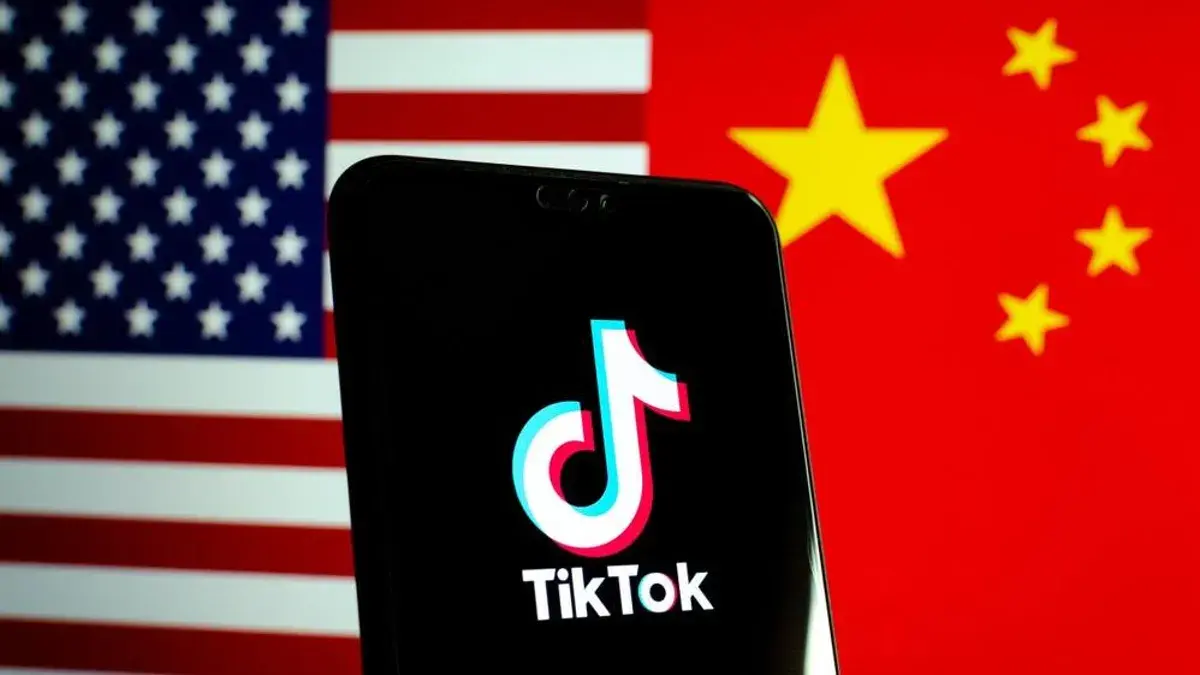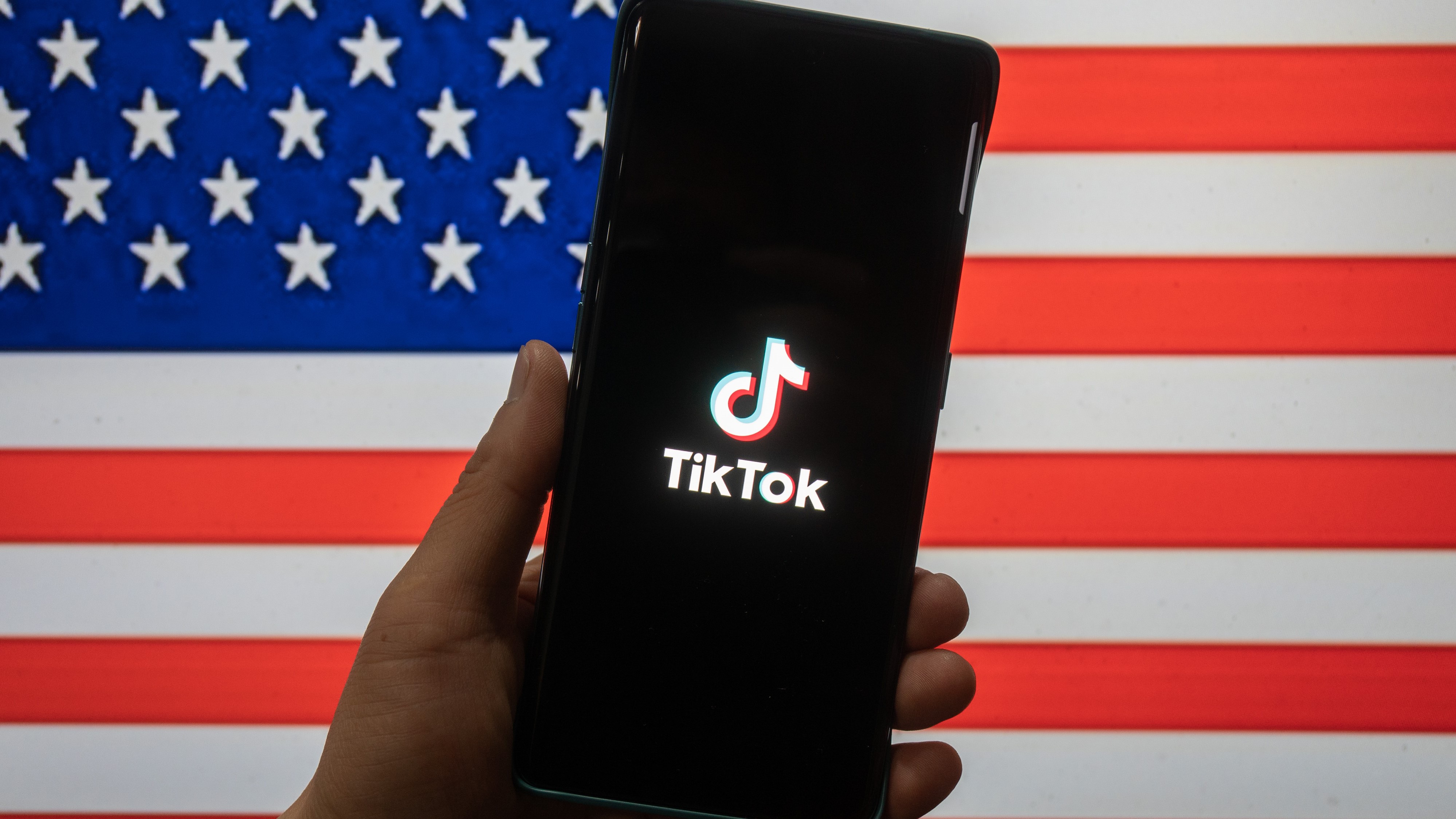Blockchain Based License Protection To Prevent Software Piracy
Abstract: LicenseChain is a blockchain-based solution for software license protection that addresses the limitations of traditional centralized systems by leveraging blockchain’s decentralized and immutable structure. It ensures secure, tamper-proof license management by storing licenses on a distributed ledger, enabling transparent and automated validation without relying on a central authority. LicenseChain offers enhanced security, fraud prevention, and scalability, making it a robust and cost-effective way to protect software licenses and intellectual property in the digital age. Introduction: Current software licensing systems often store license keys and other sensitive data in centralized databases. This centralized structure is a single point of failure — if hacked or compromised, unauthorized users can bypass licensing checks and access software without permission. These systems can also be costly to maintain and vulnerable to manipulation Introducing LicenseChain: LicenseChain addresses these issues by leveraging the inherent benefits of blockchain technology: decentralization, transparency, and immutability. Rather than relying on traditional centralized servers, LicenseChain distributes license data across a blockchain network, making it more secure and resistant to tampering How LicenseChain Works: LicenseChain eliminates the need for centralized validation by storing licenses on the blockchain itself. Here’s how it works: License Generation and Storage: Each time a software license is generated, its information is stored in a blockchain ledger, ensuring that the license data is immutable and distributed across a secure network of nodes. Decentralized License Validation: Whenever a user needs to validate their license, the system cross-references the blockchain to verify the license’s authenticity. This decentralized validation process ensures that licenses cannot be forged or altered. Tamper-Proof Records:The blockchain’s immutable structure ensures that once a license is issued, it cannot be changed or deleted. Every transaction related to the issuance or validation of licenses is securely recorded, creating a transparent history for each license. Core Features of LicenseChain: Decentralization: By leveraging the blockchain, there is no central authority to control or manipulate the system. This makes LicenseChain more secure and reliable. Transparency: The blockchain’s public ledger allows all participants to view and verify license-related transactions, fostering trust between developers and users. Immutability: Once license information is stored on the blockchain, it cannot be altered, ensuring that licenses remain authentic and valid throughout their lifespan. Cost Efficiency: With LicenseChain, the need for expensive central servers and manual validation processes is reduced, making it more affordable for developers to manage licenses. Tech Stack Behind LicenseChain: The technology stack for LicenseChain combines blockchain technology with a modern web interface for seamless interaction: Blockchain Framework: LicenseChain uses a blockchain (with smart contracts) to handle the distributed storage of licenses. Python for Backend: The backend processes are built in Python, handling the blockchain interactions, license issuance, and validation mechanisms. React.js and Web3.js for Frontend: A user-friendly front-end interface built with React.js allows users and developers to interact with LicenseChain. IPFS for Distributed Storage:IPFS (InterPlanetary File System) is used to securely store metadata related to software licenses in a decentralized manner Why Blockchain is the Future of Software Licensing Blockchain’s decentralized and transparent nature makes it a perfect fit for handling software licenses. Here’s why: Enhanced Security: By eliminating the single point of failure found in traditional systems, LicenseChain makes it extremely difficult for hackers to tamper with license data. Fraud Prevention: Blockchain’s transparency ensures that all license transactions are visible to the network, drastically reducing fraud and unauthorized distribution. Trust and Accountability: LicenseChain fosters trust between software vendors and users by providing a tamper-proof history of licenses, accessible to all. Scalability: LicenseChain’s blockchain-based structure allows it to scale efficiently, making it suitable for managing large volumes of licenses without performance bottlenecks. The Future of License Management: LicenseChain is designed to redefine how software licenses are issued, validated, and protected. As the need for secure and efficient licensing solutions grows, LicenseChain provides a robust, blockchain-based answer that benefits both developers and users. Conclusion: By harnessing blockchain’s potential, LicenseChain addresses the limitations of traditional software licensing systems. It offers a decentralized, transparent, and secure way to manage license

Abstract:
LicenseChain is a blockchain-based solution for software license protection that addresses the limitations of traditional centralized systems by leveraging blockchain’s decentralized and immutable structure. It ensures secure, tamper-proof license management by storing licenses on a distributed ledger, enabling transparent and automated validation without relying on a central authority. LicenseChain offers enhanced security, fraud prevention, and scalability, making it a robust and cost-effective way to protect software licenses and intellectual property in the digital age.
Introduction:
Current software licensing systems often store license keys and other sensitive data in centralized databases. This centralized structure is a single point of failure — if hacked or compromised, unauthorized users can bypass licensing checks and access software without permission. These systems can also be costly to maintain and vulnerable to manipulation
Introducing LicenseChain:
LicenseChain addresses these issues by leveraging the inherent benefits of blockchain technology: decentralization, transparency, and immutability. Rather than relying on traditional centralized servers, LicenseChain distributes license data across a blockchain network, making it more secure and resistant to tampering
How LicenseChain Works:
LicenseChain eliminates the need for centralized validation by storing licenses on the blockchain itself. Here’s how it works:
License Generation and Storage: Each time a software license is generated, its information is stored in a blockchain ledger, ensuring that the license data is immutable and distributed across a secure network of nodes.
Decentralized License Validation: Whenever a user needs to validate their license, the system cross-references the blockchain to verify the license’s authenticity. This decentralized validation process ensures that licenses cannot be forged or altered.
Tamper-Proof Records:The blockchain’s immutable structure ensures that once a license is issued, it cannot be changed or deleted. Every transaction related to the issuance or validation of licenses is securely recorded, creating a transparent history for each license.
Core Features of LicenseChain:
Decentralization: By leveraging the blockchain, there is no central authority to control or manipulate the system. This makes LicenseChain more secure and reliable.
Transparency: The blockchain’s public ledger allows all participants to view and verify license-related transactions, fostering trust between developers and users.
Immutability: Once license information is stored on the blockchain, it cannot be altered, ensuring that licenses remain authentic and valid throughout their lifespan.
Cost Efficiency: With LicenseChain, the need for expensive central servers and manual validation processes is reduced, making it more affordable for developers to manage licenses.
Tech Stack Behind LicenseChain:
The technology stack for LicenseChain combines blockchain technology with a modern web interface for seamless interaction:
Blockchain Framework: LicenseChain uses a blockchain (with smart contracts) to handle the distributed storage of licenses.
Python for Backend: The backend processes are built in Python, handling the blockchain interactions, license issuance, and validation mechanisms.
React.js and Web3.js for Frontend: A user-friendly front-end interface built with React.js allows users and developers to interact with LicenseChain.
IPFS for Distributed Storage:IPFS (InterPlanetary File System) is used to securely store metadata related to software licenses in a decentralized manner
Why Blockchain is the Future of Software Licensing
Blockchain’s decentralized and transparent nature makes it a perfect fit for handling software licenses. Here’s why:
- Enhanced Security: By eliminating the single point of failure found in traditional systems, LicenseChain makes it extremely difficult for hackers to tamper with license data.
- Fraud Prevention: Blockchain’s transparency ensures that all license transactions are visible to the network, drastically reducing fraud and unauthorized distribution.
- Trust and Accountability: LicenseChain fosters trust between software vendors and users by providing a tamper-proof history of licenses, accessible to all.
- Scalability: LicenseChain’s blockchain-based structure allows it to scale efficiently, making it suitable for managing large volumes of licenses without performance bottlenecks.
The Future of License Management:
LicenseChain is designed to redefine how software licenses are issued, validated, and protected. As the need for secure and efficient licensing solutions grows, LicenseChain provides a robust, blockchain-based answer that benefits both developers and users.
Conclusion:
By harnessing blockchain’s potential, LicenseChain addresses the limitations of traditional software licensing systems. It offers a decentralized, transparent, and secure way to manage licenses, ensuring that developers retain





















